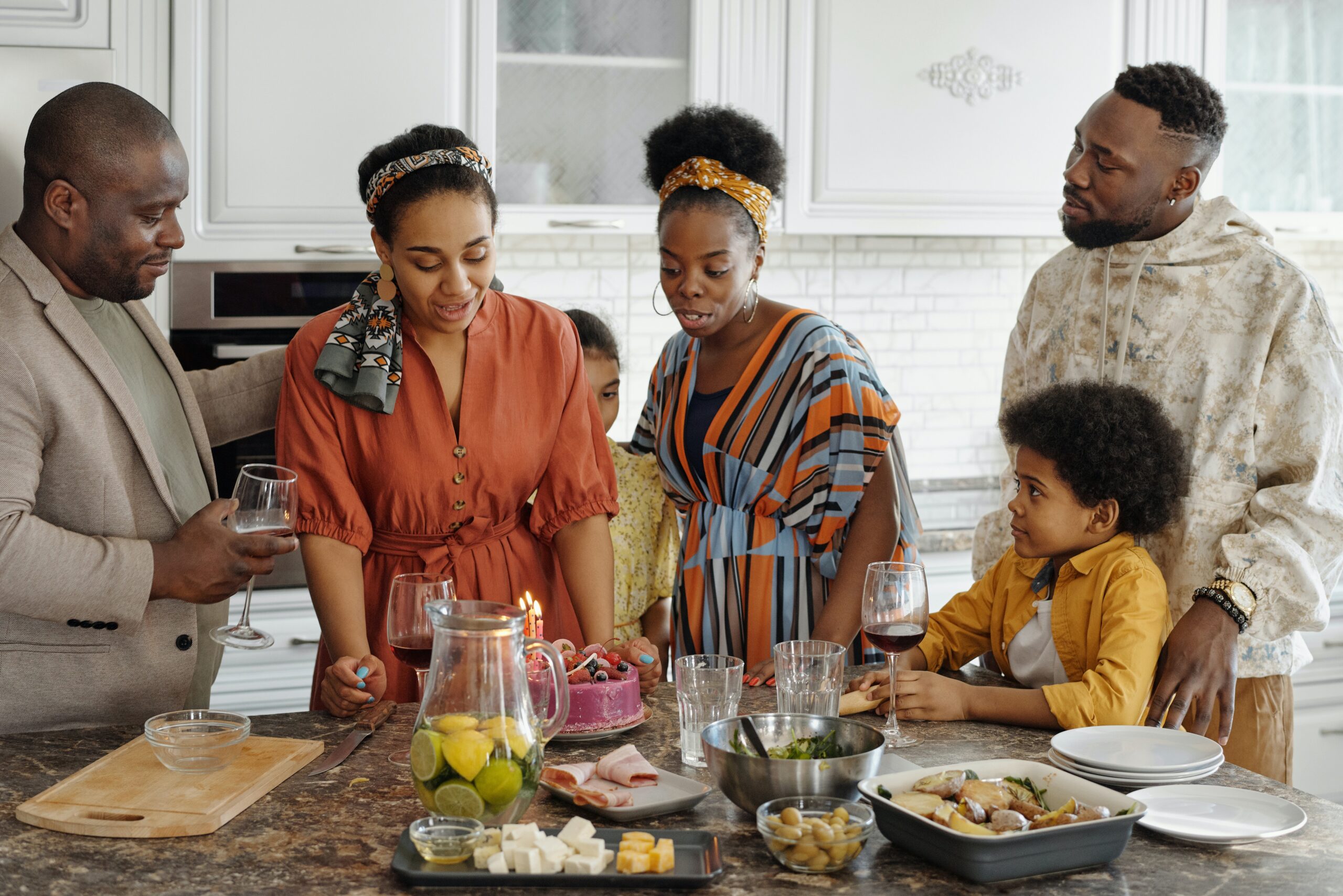
Telling life’s real stories
The best stories are often those not written down, believes Joseph Evans.
This is a review of a book that hasn’t yet been written. Or perhaps a review of book reviews in general. Or even, a discussion as to why we read books at all, or why we tell stories, or why we feel the need to tell people about the stories we have heard or read.
Why do we read? There are many reasons, of course. We love to hear a well-constructed story for all it might contain of suspense or humour, or quirkiness, or romance, or insight into character, or a powerful drama as it plays out … We enjoy entering an interesting world and leaving it at will. That very detachment is part of the enjoyment. We are titillated but not committed.
We are curious, nosey actually, about other lives, even fictional ones. Through reading we share experiences we might otherwise never have known. Between the covers lies another world we could inhabit. We come to a text with our life-questions, searching for answers, and find at least some in the book, though further questions are raised. We like being unsettled. Or our prejudices are confirmed. We find others who think like us. Are we inspired in our convictions or comforted in our mediocrity?

Stories make us human and humans make stories. Even the most high-brow media channels offer human interest stories. Facts alone are not enough. We need to know what other men and women have been through. Stories are the event plus the human response to it.
On some occasions we read simply to enjoy the beauty of the language, the smoothness of the syntax, the logical development of the plot.
There’s an element of escapism too. We look for humour instead of life’s dullness, suspense instead of the predictability of our daily grind.
We can put a book down and do something else when we’re tired of it. We might sometimes wish we could do the same with people! Family members, colleagues at work, at church, in our social life, or neighbours. People who form the wallpaper of our lives and whose colours, shapes and textures we fail to value.
But perhaps that is the problem: we are not able to appreciate the stories in the life of people around us.
The interest of a good story is that there are twists and turns, changes of fortune, in a word, drama, and with that, at least some depth of personality. You might think that the twists and turns in your wife have long been straightened out, or that the only dramas are the molehills she magnifies into mountains. It could seem that your husband ceased years ago to have anything deep or dramatic about him. And there is certainly nothing coherent or well-told in your adolescent daughter.
But might that be because our dramatic sensitivity is so low? Could it be that we love to read or hear well-told stories because we are so poor at appreciating the stories of everyday life?

Just as we are not good at writing and telling stories – so we prefer to hear those crafted by master narrators – we are not good at discovering the very real stories in our daily existence.
People often laugh (at least inwardly) at parents for their exaggerated pride in their children’s achievements. We have all perhaps listened patiently to a mother as she recounts in great detail her toddler’s prowess in some insignificant area. But in fact one of the great things about being a parent is that they do live a real story and one that very much matters to them: their child’s. And the more children, the more the plot delightfully thickens. It is precisely by being a parent that one re-discovers many of the treasures of life one has forgotten about or taken for granted.
Permit me to quote from another Adamah author, Marie McCoy, in her beautiful “Some days are diamonds …” article of May 5. Describing the experience of lockdown with her young family, Marie wrote:
“Over the past few weeks, we have read hundreds of books, painted pictures, baked cakes, prayed together, and played the same games over and over again. We have planted and watered seeds and watched them begin to grow. We have spotted slugs, snails, beetles, and butterflies, all of which have brought us a level of excitement and delight that I could never previously have imagined. We have seen bullfinches and blue tits flutter and land in our garden and called grandparents to pass on this good news.
We have even watched as the cherry blossom tree in our front garden, so barren and ugly in the wintertime, has begun to sprout tiny green buds which have, little by little, bloomed into scores of candy pink flowers.”
In other words, Marie and her family have lived out a small but very real story, or a whole little world of stories. They have discovered the exciting narratives at work in their confined existence. Even their cherry tree – ugly in winter-time, blooming in spring – has become a dramatic reality. And the little ones have shared this story with others, with the best and most appreciative audience possible for these childish narrators, their grandparents.

As a Catholic priest – and so one who has chosen not to have his own children but only so as to try to be a father to all – one of my greatest blessings is to offer spiritual counselling to numerous people. And one of the most beautiful things about this is that I get to hear their efforts to live out a real life story.
Some stories are of course more interesting than others and likewise people can be better or worse at telling their stories, but the common thread among all the men and women who share with me honestly their ups-and-downs is the pursuit of this life story. Or the grief they feel when they think they fail to live it out. There is a sincere quest for an existential narrative, and that alone is a lot.
One thing which strikes me about the Bible is how important stories are to it. We might take this for granted but this is not necessarily the case in the sacred books of other religions. The Bible is far from a mere moral code or spiritual instruction book. Indeed, it can be precisely some of the biblical stories, especially the Old Testament ones, which can be most unsettling.
Like when God tells Abraham to sacrifice his own son, only to stop him at the last moment. Was it a bad joke? Or when the angel of death strikes down the first-born sons in Egypt sparing the Israelites and “passing over” their houses because of the lamb’s blood they had painted on their doorposts.
And the greatest Christian narrative of all, the birth of Jesus, is all about God becoming man, God entering our history to share our story.
There are also laws and wisdom teaching in the Bible and much more but this stress on stories, I think, tells us a lot about our lives and therefore about God’s understanding of them. God chooses to reveal himself through stories (most – I believe – real, some using a mythical form or pious fiction but all transmitting fundamental truths) because that is the nature of our own existence: a story, a big story formed of many sub-stories.
The great thing about stories – and this applies very well to the parables of Jesus – is that there is no one answer to them. They are not doctrinal definitions. The truths they yield are firstly just that, truths in the plural, and truths which have different levels and nuances. The story of the Passover, for example, has many meanings: some for the time when it first took place, some for now; some for Jews, some for Christians. It can be read in numerous ways.
And it got me thinking that maybe that’s what hell is, or what leads to hell. To cease to have a story. People go to hell for having abandoned the effort to have a real life-story. Instead of trying to live out this story – with its victories and defeats, its great triumphs and mighty flops, all of which only make the story more dramatic – these people opted instead to be mere consumers, to spend instead of live, or chose money, drink, sex, pleasure or obsessive work instead of a real life with real events and real relationships.
Hell is perhaps for those who are so wrapped in themselves that they fail to appreciate the stories of others. It does not occur to them that someone poor or old or disabled or of another ethnic group or religion might have a story every bit as significant as theirs.
So, let’s not fall into that error, which could even end up as a tragedy: to fail to value our own life story and the stories of those around us, particularly those closest to us.
Indeed let’s rediscover the forgotten art of telling stories, particularly in this lockdown. (I recommend Jaqueline Silverio’s reflections on the power of storytelling in a pandemic.) Telling children stories is especially important as it’s a key way, together with play, to help them discover life. It can also be a wonderful way to bond with them. And beware of computer games, which usually have no stories, or at least none of any worth.

Let’s read, then, even more. And share the stories we have read, be it in family get-togethers or through erudite book reviews. But let’s not forget – and this might be a necessary reminder for those of us more literary-minded – that the most valuable stories are not the ones we can lay to one side when our interest wanes but the real stories of the people who share our lives. They might not be as exciting as well-crafted novels. They might even be dull and infuriating. But sharing their stories is the real unwritten story in which we are called to be protagonists.
Like what you’ve read? Consider supporting the work of Adamah by making a donation and help us keep exploring life’s big (and not so big) issues!
